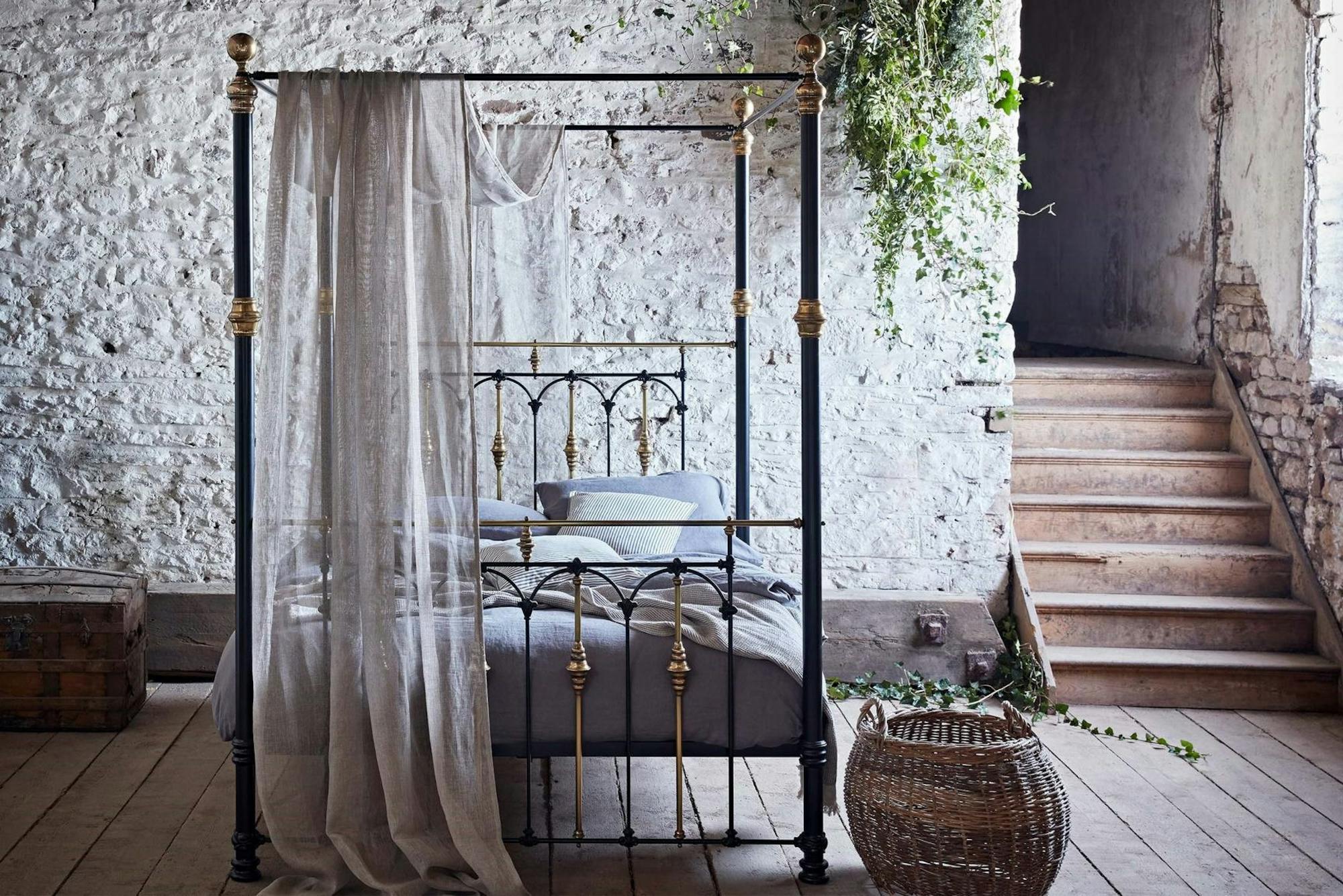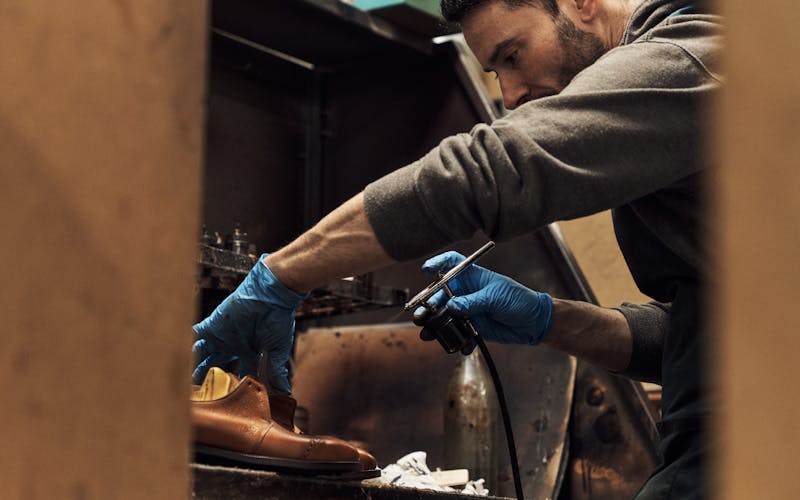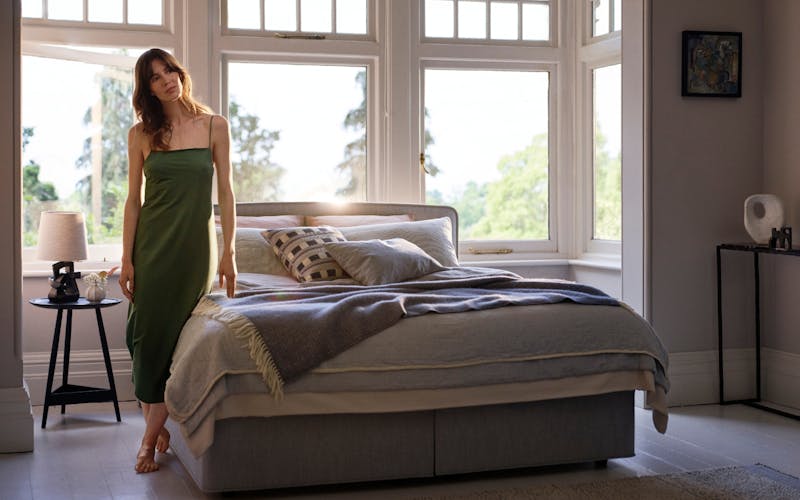

for Walpole members and
non-members available now
at The Londoner



In her latest Walpole column exploring small British craft businesses, Times LUXX' Lisa Grainger travels to Cornwall to meet Mark Tremlett, the founder of The Cornish Bed Company, to discover why he swapped boat building for bedmaking and how Covid has been good for business.
Mark Tremlett didn’t grow up making beds. By trade he, like his father before him, is a boat-builder. But it was while working on the family boatyard on the River Exe in Devon that he discovered something surprising: that even people with the most beautiful boats were sleeping on “horrible cheap, thin mattresses”. Rather than watch them ruin the look and feel of his father’s beautiful vessels, he started to make bespoke, eco-friendly mattresses, sprung with coconut fibre and filled with English wool. Soon, he was getting asked to craft breathable mattresses for babies’ cots and children’s beds. “And before long I had two Naturalmat shops in London and Devon, and was exporting to Europe,” he says.
His progression into making beautiful Victorian-style metal beds happened by chance five years ago, when he came across a foundry still making cast-iron beds using the same moulds and methods as they had in Victorian times. The owner of the business had just died, and the building it was housed in, he says, was “absolutely incredible: a vast brick warehouse at the end of the Great Western Railway line, where the trains would turn around, be brushed down, and then go back to London”. The company’s real value, though, lay in its workforce. The six men at the Cornish Bed Company had more than a century of experience between them and “one guy had been there 30 years,” Tremlett says. “There was nothing he didn’t know about making beds. Having listened to them, I was sold.”
Unlike most other so-called cast-iron beds – which are often a collection of metal pipes that are screwed together – the men crafted theirs in the same way their fathers and grandfathers had in the 1800s, from four poured-metal pieces: a headboard, a footrest, and two sides, all of which tightly slot together, “so there are no screws, no squeaking”.
Because each bed is hand-made – cast into moulds from molten zinc heated to 500C, hand-fettled, then powder-coated and polished, or finished in brass or nickel – it can be made to measure, whether that’s for a 6ft6 man or a tiny dog, embossed with a hotel’s insignia or sprayed in a designer colour.
Unexpectedly, Tremlett adds, Covid has been a boon for Victorian-style beds, “because people have realised the importance of good ventilation to your health. Our body loses about a pint of moisture a day – and the only way to wick that away is to allow your skin to breathe, which only a well-ventilated bed and natural mattress will do.” The fact the beds are all made in Cornwall – an area of little employment – also chimes with buyers, he adds, “because they’re positive for local people and the planet. They’re beds that will last for ever, that you will pass down as heirlooms, which is why you find them everywhere, from Shimla to South Africa, because they were dismantled, put on to horses or boats or trains and taken all over the Empire.”
In the past few years, bespoke models have begun to appear in bedrooms all over the country too: in hotels such as Soho House, No Twenty9 in Burnham Market and Paul Ainsworth’s No 6 Townhouse in Padstow, and in the homes of fans like Ellie Goulding, James McAvoy and Emma Bridgewater. Because the foundry is just a few miles from the Eden Project, clients often pop by to watch the process, Tremlett says. “It’s not everyone who can say they’ve seen their bed being made from molten metal. It’s a pretty special thing – kind of like having a boat made. Which is where it all started…”





